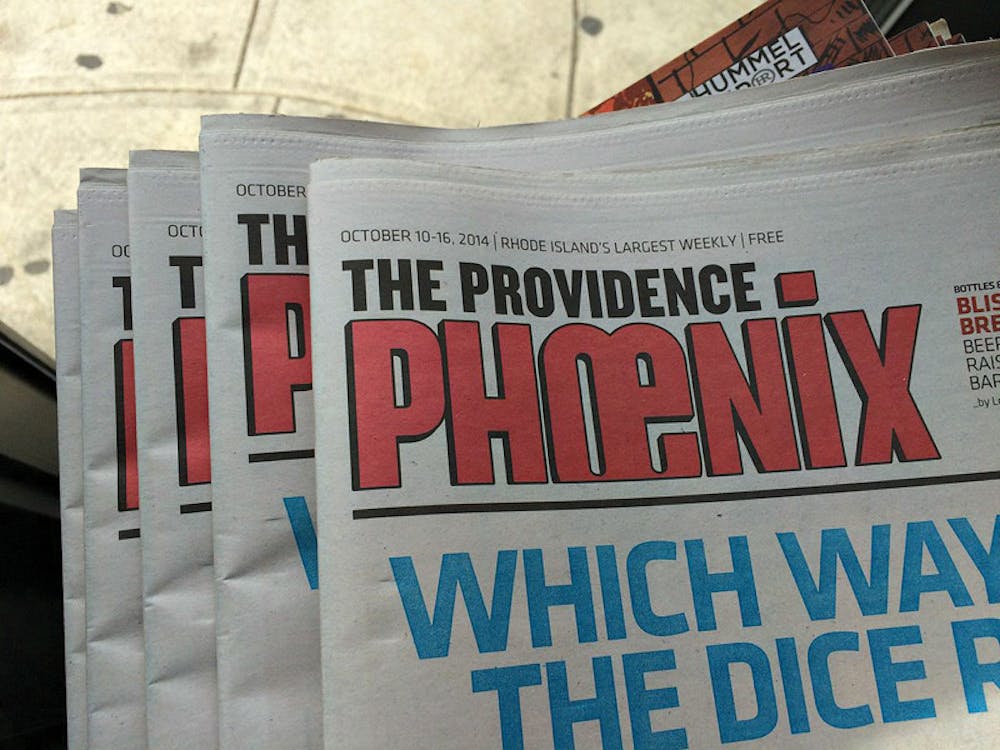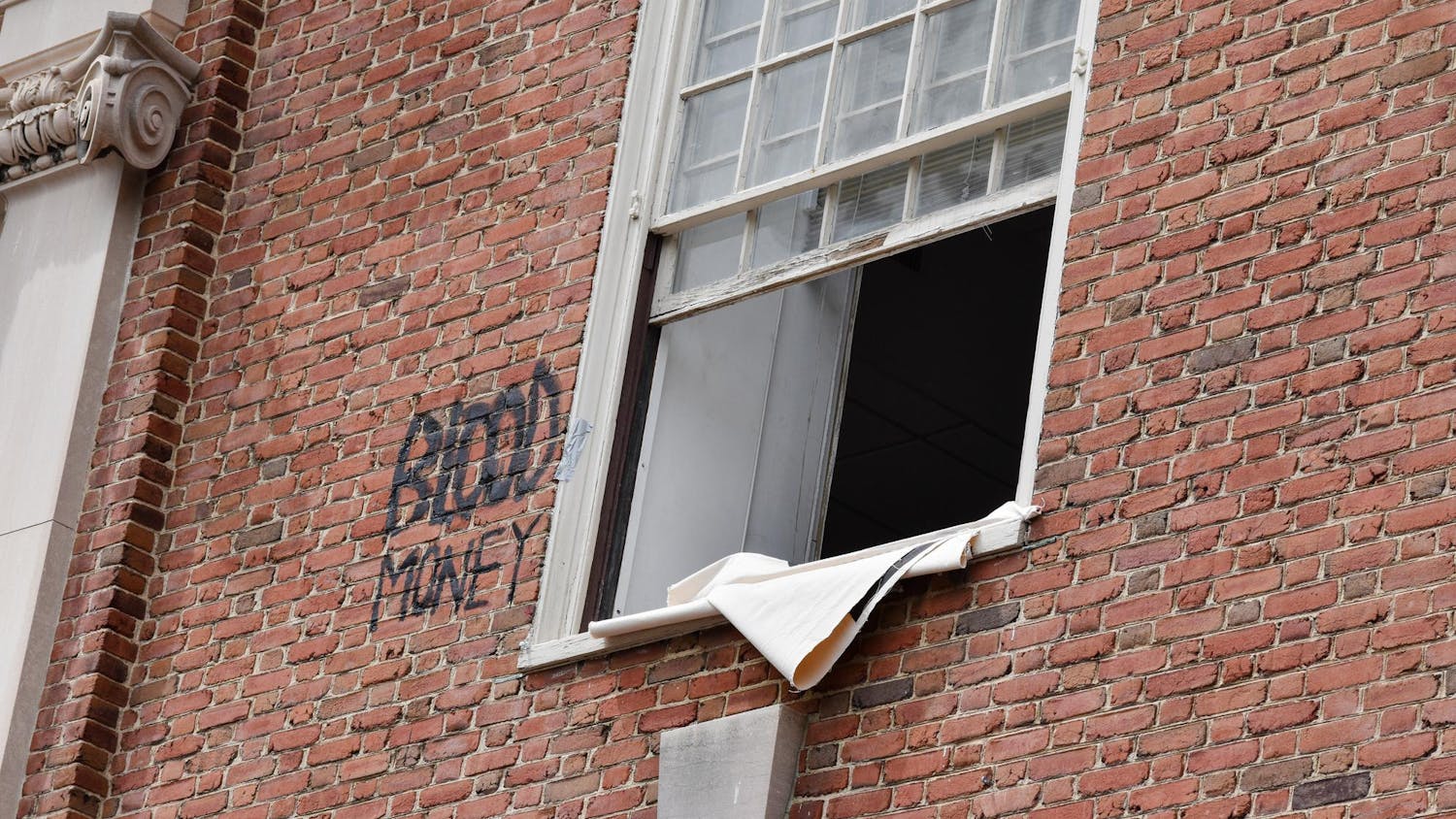After 36 years of publication, the Providence Phoenix, an alternative weekly newspaper, is releasing its final issue Thursday.
The paper began in March 1978 as the NewPaper under the leadership of Ty Davis before merging with the Phoenix Media/Communications Group in 1988, said Lou Papineau, the Phoenix’s managing editor. Its current staff includes approximately a dozen writers, along with photographers, illustrators, freelance writers and an accountant.
The Phoenix Media/Communications Group will go out of business by the end of this year. The Boston Phoenix ceased publication in March 2013, and the Portland Phoenix in Maine is being bought by another news agency, Papineau said.
The paper in Providence has “covered virtually everything” over the past 36 years, he said, including interviews with gay couples when same-sex marriage was legalized in Rhode Island, stories on the HIV/AIDS epidemic, election coverage and reporting on the emerging art and music scene.
The Phoenix has gained a unique reputation in Providence, and Rhode Island as a whole, for “muckraking journalism, digging beneath the surface and getting to the true story,” said Everett Finkelstein, chief operating officer of the Phoenix Media/Communications Group.
There “needs to be somebody telling the other side of the story and that is what we’ve done for a long, long time,” Papineau said.
Arts coverage has been one of the Phoenix’s greatest strengths, Papineau said, attributing that focus in part to the Phoenix’s dedication to listing events such as “poetry readings, lectures, gallery exhibits and musical performances that other papers didn’t bother to list.”
Finkelstein said the Phoenix’s support has “given a voice” to emerging artists in the area.
Both Papineau and Finkelstein spoke of the benefits of being an alternative voice in a small city like Providence.
“We loved being alternative, independent, free-spirited,” Finkelstein said.
As an alternative newspaper, the Phoenix has been able to have a specific point of view, Papineau said. “We want to get the facts and obviously we are journalists, but we can have a front, a definite bias and point of view, as opposed to journalism that is just the nuts and bolts of a story,” he added.
The paper has had the “freedom of covering stories other papers wouldn’t” since the Phoenix “does not care about being controversial,” he added.
“An alternative newspaper can’t thrive in corporate America — we needed an independent voice,” Finkelstein said.
But one drawback of the Phoenix’s small size is having to suffer the current economic climate of high unemployment, tough conditions for small businesses and the national decline of print media, Finkelstein said.
The Phoenix has grown up with Providence and Rhode Island, Finkelstein and Papineau both remarked.
“There is no question in my mind that the history of the paper and the city over the last 30 years is a fabric that has been woven together,” Finkelstein said.
Papineau recalled a Phoenix cover story from 1994 entitled “Downcity: Is downtown Providence on the verge of a Renaissance?” — “Twenty years ago, we were reporting on how the downtown would change,” he said.
Some members of the Providence arts and culture community have also expressed disappointment that the Phoenix will cease publication.
Bert Crenca, artistic director and co-founder of AS220 — a nonprofit supporting artists and musicians in the community — said the Phoenix’s perspective has been important to the local arts and music community, and the paper has been a major source of arts news throughout its years of publication.
The Phoenix played “a critical role in highlighting the local art and culture scene, and beyond that it helped to create it and give it visibility” at a time when social media did not exist, he added.
Crenca said AS220, in particular, benefited from the Phoenix’s coverage of its events. Going forward without the Phoenix, print outlets like Motif magazine, an alternative arts and culture magazine based in Rhode Island, “will make an effort to be what the Phoenix has been,” he said.
There are also online forums, including blogs like LotsOfNoise, that could fill the void left by the Phoenix and allow “local artists and musicians to speak to any number of issues,” Crenca added.
Highlights from Thursday’s final issue of the Phoenix include a “nice story with a guy who has delivered the paper for over 25 years describing how people react when the paper arrives every Thursday” and a “great cover,” Papineau said.

ADVERTISEMENT




